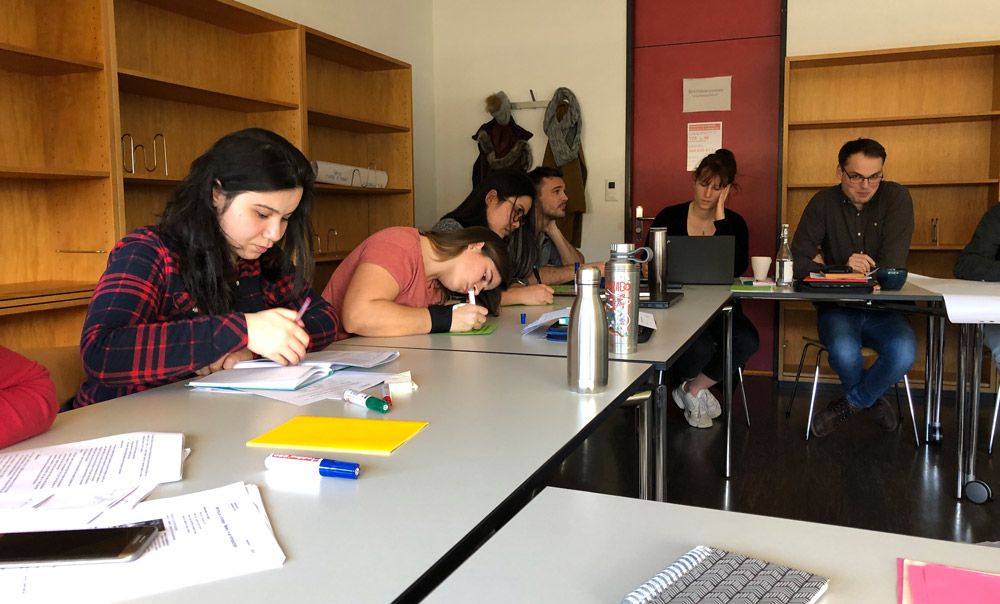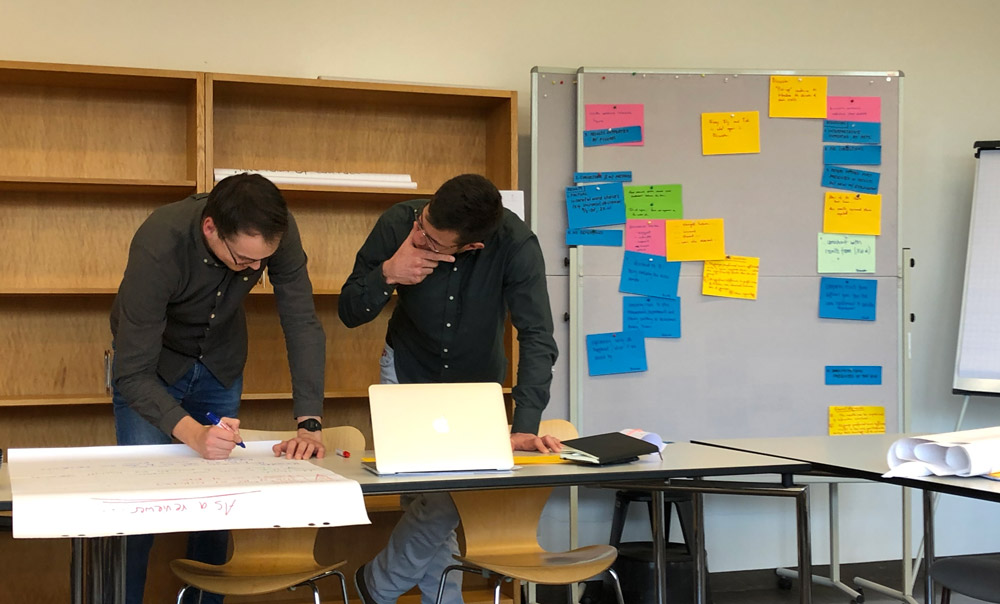#20: Writing papers - a nightmare. Or not?
One common struggle of PhD candidates is the writing and publishing of scientific results. Thoughts from the scientific writing workshop of the Zurich Graduate School in Geography and Earth System Science.
Working on the first manuscripts is for many PhD candidates like wandering through a jungle that seems to be scientific writing. Luckily the Graduate School regularly offers - among a variety of other seminars - a scientific writing workshop.
PhD students from all groups of the Department of Geography came together this past January to hone their writing skills. The course was led by Anne Zimmermann, head of the Centre for Development and Environment at the University of Bern.
For two days, we discussed in groups, worked on our own manuscripts and received feedback on our current writing projects. Amazingly, writing can be approached in a rather structured way, once one understands the logic of each chapter and paragraph of an article. And also, there seems to be some logic in the inner workings of scientific journals and publishers and their interests, which sometimes may seem like rather frightening black holes…
But even with all these insights, Anne never stopped stressing that "good writing is bad writing that was rewritten". Damn!
Alessandra Musso, Cyrill Zosso

